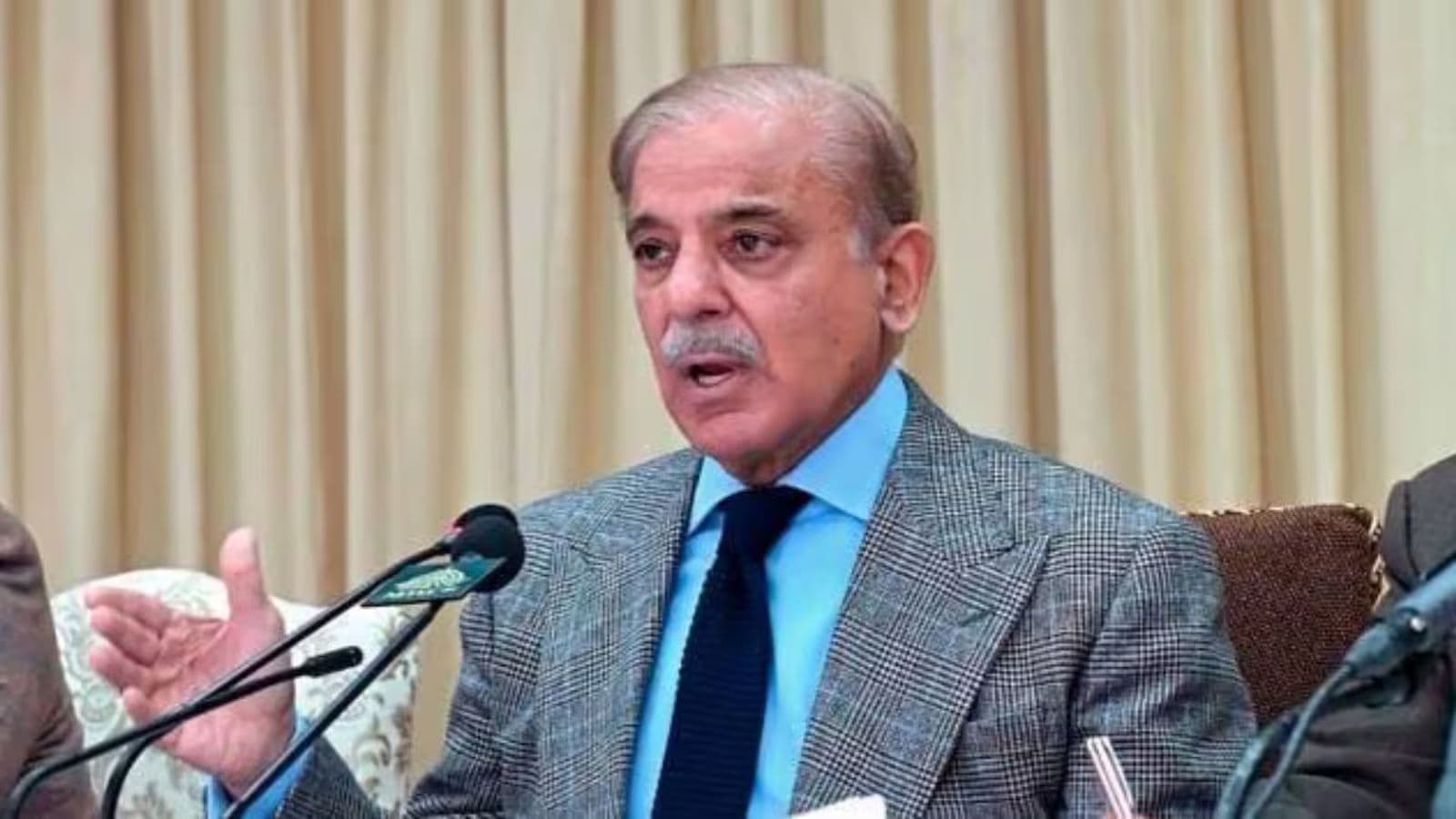This week, Prime Minister Shehbaz Sharif unveiled the government’s “home-grown” five-year economic plan, “Uraan Pakistan”. The 5Es Plan encompasses the Pakistan Muslim League (N) government’s development agenda centring on exports, information technology, environment and climate, energy and infrastructure, and justice for all. This ambitious roadmap to boost economic recovery aims to build Pakistan into a trillion-dollar economy by 2035. The media response ranges from cynicism to hope for the future.
Dawn (January 2) begins by calling the targets “ambitious, if not unrealistic” and believes that while there is a vision in place, “[the administration] does not offer any glimpse into the policy reforms or solutions it intends to implement to fix the problems ailing the economy.” Using a current example, the editorial points out glaring inconsistencies as the plan “envisages encouraging IT exports” and yet, the government has “slowed down internet speeds, despite warnings of IT export losses.”
The Nation (January 1), on the other hand, seems more optimistic, saying that this roadmap is a “comprehensive attempt to address Pakistan’s perennial economic challenges”. It believes that since the Sharif government “inherited” a “fragile economic environment… a transformational push like Uraan is the need of the hour.” The editorial particularly commends the envisioned digital push. However, it also warns of “political instability and bureaucratic inertia” and hopes that this plan can “set Pakistan on a path of sustainable economic progress that benefits its people.”
Kurram peace agreement
After weeks of sectarian violence and the loss of 150 lives, the two warring tribes — Alizai and Bagan — from the Kurram district signed a 14-point peace agreement brokered by the Grand Peace Jirga, which was constituted by the Khyber Pakhtunkhwa government. As part of the agreement, the parties will surrender heavy weapons to the government, demolish existing bunkers and ceasefire.
News International (January 3) believes that this agreement “provides a solid foundation for long-term peace, provided that it is implemented in letter and spirit” and is “encouraging”. Broadening the issue, the editorial points out that it will “be wrong to type-cast the conflict as a Kurram or KP problem… A Pakistan desperately seeking economic stability, investment, and development simply cannot afford to have an entire district swallowed by violence and almost cut off from the rest of the country.”
Express Tribune (January 3) seems hopeful, too, as the “salient features of the accord hint at many firsts”. However, that “law-enforcement agencies and the government apparatus took a backseat, enabling the local culture to prevail in restoring order, is a grim indicator of its fragility in the light of previous such agreements.” Even so, the editorial concludes by saying that “implementing the deal is a collective responsibility.”
most read
Madrasa Act
President Asif Ali Zardari has, after much delay, finally signed into law the Societies Registration (Amendment) Act, 2024, which aims to reform and streamline the registration process for madrasas. The Jamiat Ulema-e-Islam (F) had allegedly thrown its weight behind the ruling party’s 26th Amendment in exchange for the passage of this Act. However, after Zardari sent the bill back twice without signing, JUI-F leader Maulana Fazlur Rehman threatened legal action.
Express Tribune (December 31) asks, “What prevented the government from instantly signing it into a law and instead dragging it to almost becoming a crisis for itself?” The fact that “the President preferred to hold it back as long as he could, and then gave it his assent for a proverbial deal… has also confirmed the haste with which the 26th amendment was bulldozed, making it a point of pondering for the opposition and the judiciary to sit in judgment.”
Conversely, Dawn (December 31) points out that “realising that the provisions of the bill could cause problems for Pakistan where international terror financing and money laundering commitments are concerned, the president refused to give his assent.” The editorial lays down its stance saying the “core issue of madrassah reform has been put in abeyance in order to please the clerical establishment” because it seems that “there is no logic behind seminaries registering with the industries ministry”.
Discover the Benefits of Our Subscription!
Stay informed with access to our award-winning journalism.
Avoid misinformation with trusted, accurate reporting.
Make smarter decisions with insights that matter.
Choose your subscription package


